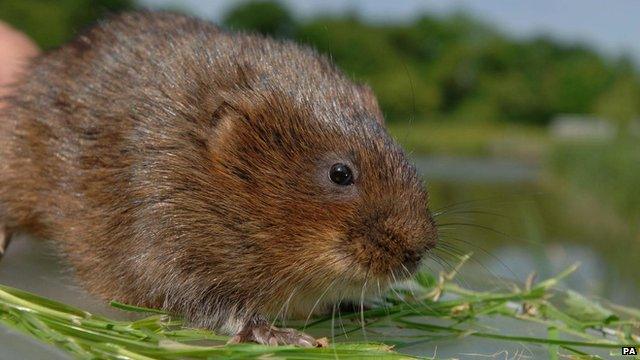Water voles: Londoners urged to help save endangered species
- Published
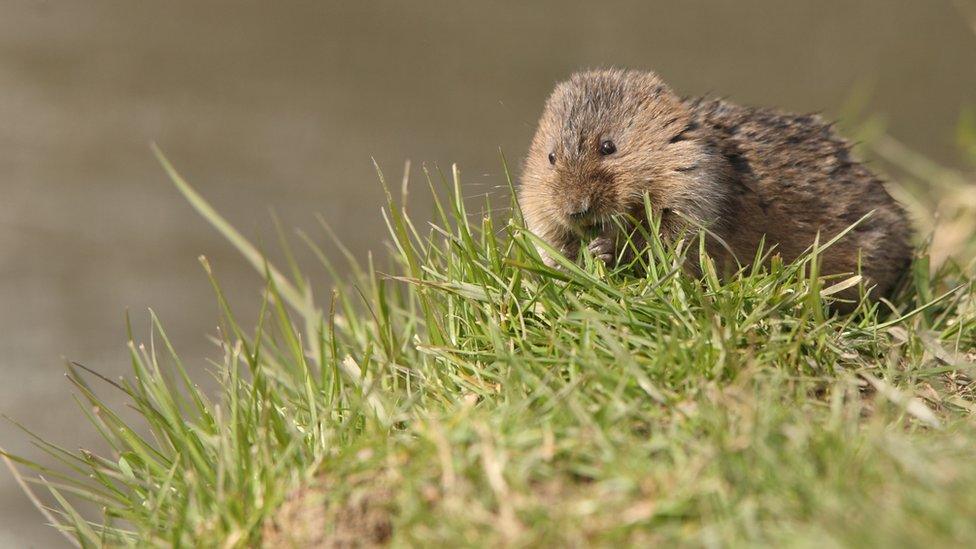
The water vole is one of the UK's fastest declining mammals
A new project to recover water vole populations in London is calling on members of the public to help with conservation efforts.
Londoners are being asked to explore local waterways and report any sightings or evidence of the animals.
Water vole numbers have plummeted over the past 30 years and there is limited data on how many remain in the capital.
The project, led by the Zoological Society of London (ZSL), will use the data to identify key population areas.
The Wellcome Sanger Institute estimates that in 1990, there were around 7.3 million water voles in the UK, with populations widespread across Greater London.
But since then, habitat loss, water pollution and predation from the American mink have caused the number of water voles to fall by an estimated 93%. They are now an endangered species.
Supported by the Mayor of London's Rewild London Fund, the project hopes to increase the number of water voles across London's waterways.
To better understand where they are, the public are being urged to keep an eye out, and log any sightings on the Water Vole Recovery Project recording form, external.
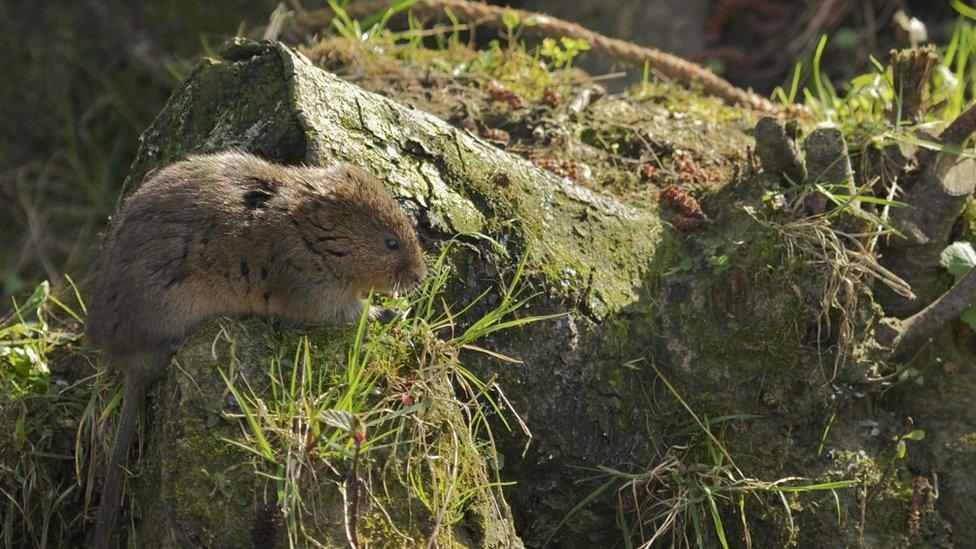
Water voles live along rivers, streams, lakes, ponds and areas of wet moorland
Water voles can be quite difficult to spot, but they are most likely to be seen from April to October close to bodies of water.
At the project's launch earlier, members of the public were taught how to confidently identify water voles, and spot evidence of life.
A recording of the event can be found on the ZSL Science & Conservation YouTube page.
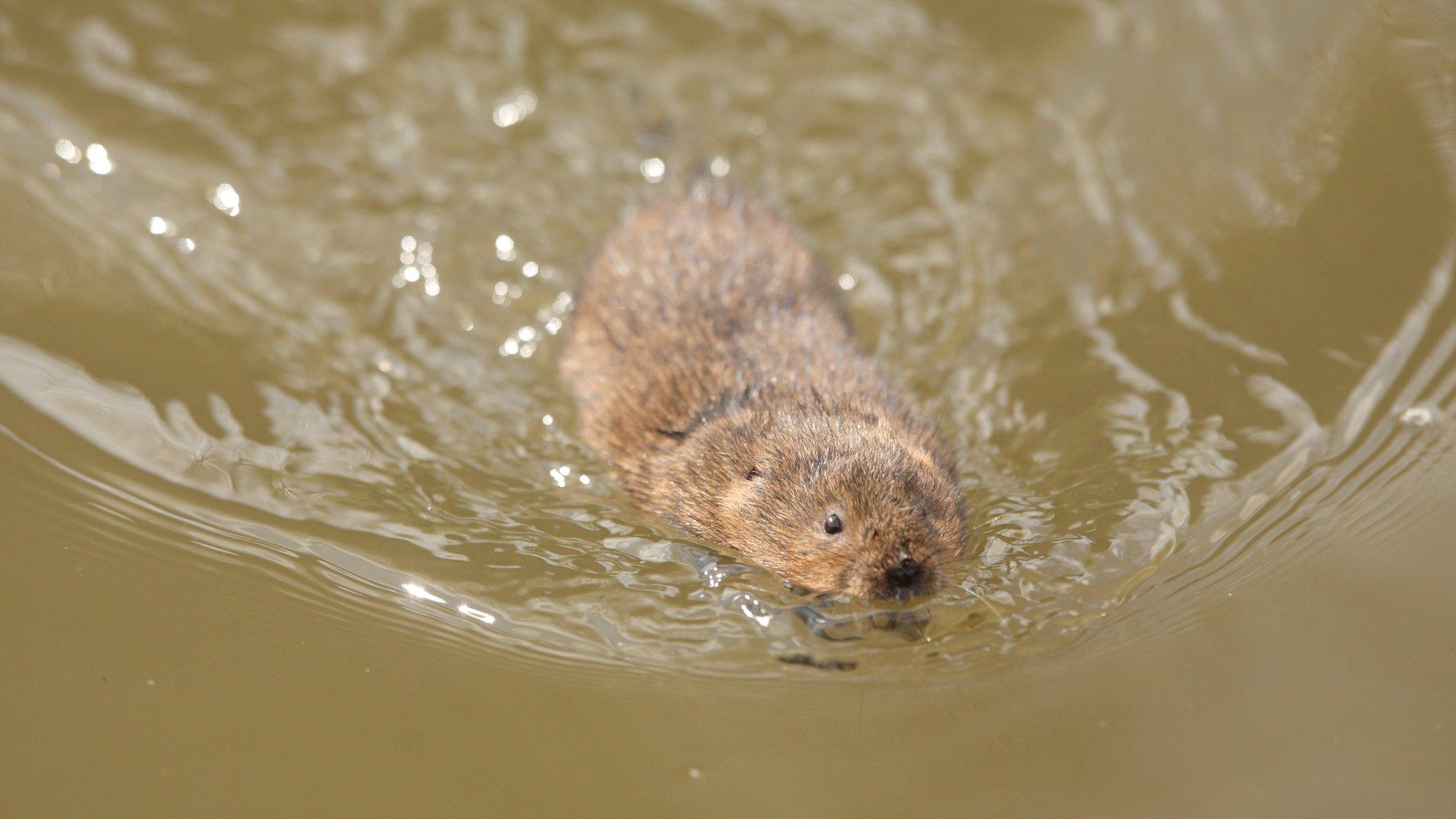
Water voles don't travel far from their burrows, which makes migrating to new habitat difficult
Sam Facey, ZSL's estuaries and wetland's project officer, explains: "We know there are some populations still present within London, but we still don't have a clear picture across most of the city.
"We need the help of the public to look for water voles and provide the essential data that will allow us to pinpoint where we need to place our conservation efforts to help restore their populations."

Follow BBC London on Facebook, external, Twitter , externaland Instagram, external. Send your story ideas to hellobbclondon@bbc.co.uk, external
Related topics
- Published1 August 2022
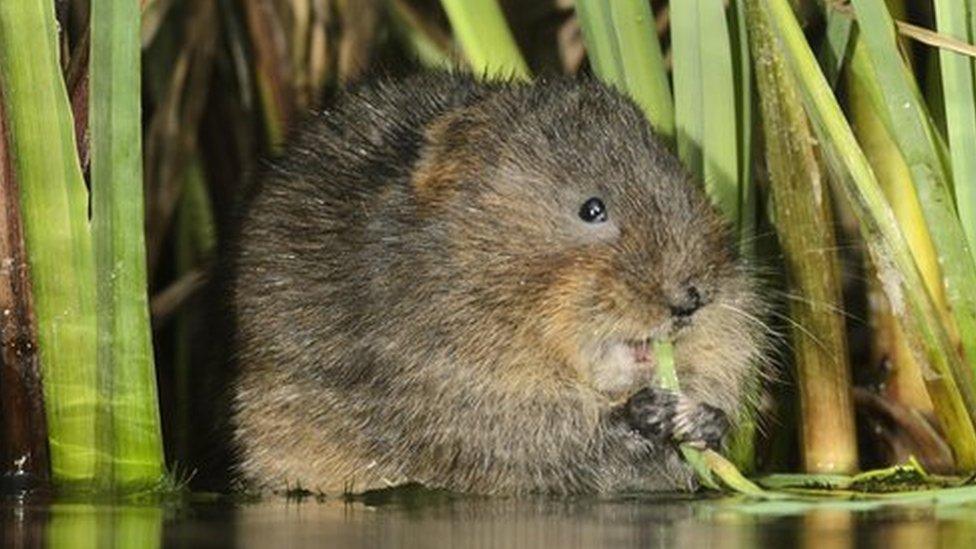
- Published14 March 2022
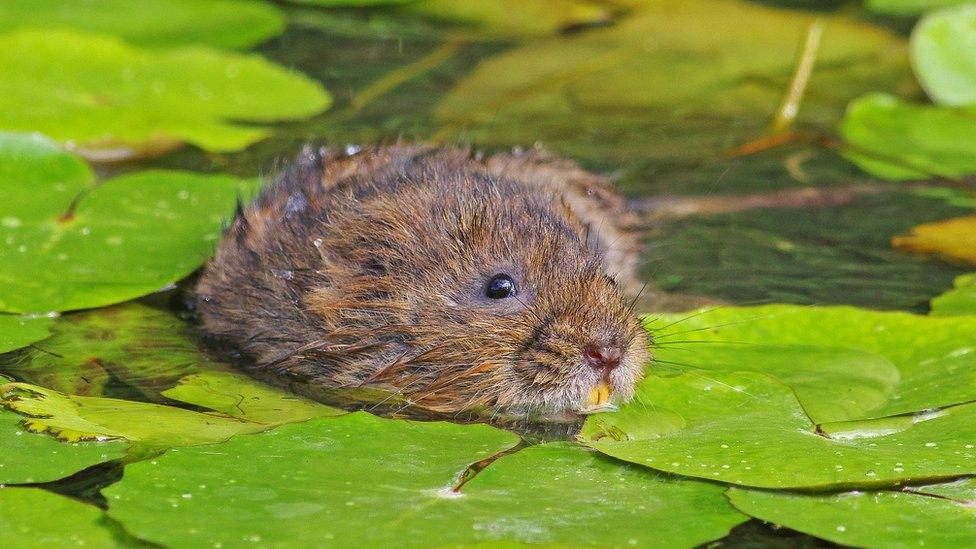
- Published12 May 2015
